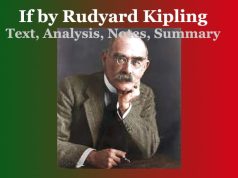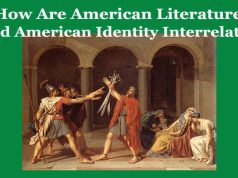Theme Definition in Literature
Theme Definition in Literature
Theme Definition in Literature
Introduction to Theme in Literature:
In literature, a theme refers to the central idea, message, or overarching concept that a work of literature explores. It is a universal and recurring idea that is often abstract and can be inferred from the characters, plot, and other elements of the text. Themes serve as the underlying foundation that gives a work depth, coherence, and resonance, allowing readers to connect with the narrative on a more profound level.
Characteristics of Themes in Literature:
Universal Significance:
Themes address fundamental human experiences, emotions, and dilemmas. They resonate with readers across different cultures and time periods, making them enduring and universally relevant.
Expressed Through Motifs and Symbols:
Themes are often expressed and reinforced through motifs (recurring elements or patterns) and symbols. These literary devices contribute to the development and reinforcement of the central ideas explored in a work.
Open to Interpretation:
Themes are open to interpretation, allowing readers to derive varied meanings based on their own experiences and perspectives. Different readers may identify and emphasize different aspects of a theme.
Explored Through Characters and Plot:
Characters’ actions, dialogues, and relationships, as well as the unfolding events in the plot, contribute to the exploration of themes. Themes are embedded in the choices characters make and the consequences of those choices.
Provides Insight into the Human Condition:
Themes often delve into aspects of the human condition—love, loss, power, justice, identity, etc. By examining these universal themes, literature provides insights into the complexities of human existence.
Example of Theme in Literature:
In William Shakespeare’s play “Romeo and Juliet,” one prominent theme is the destructive nature of feuding families. The ongoing conflict between the Montagues and Capulets serves as the backdrop for the tragic love story of Romeo and Juliet. The theme of familial discord explores the consequences of hatred and the impact it can have on individuals and society.
Conclusion:
Themes are essential components of literature, offering depth and complexity to the narrative. They provide a lens through which readers can analyze and understand the human experience, making literature a powerful medium for exploring the complexities of life, relationships, and the world. 0 0 0. Theme Definition in Literature
Theme Definition in Literature
You May Like:







